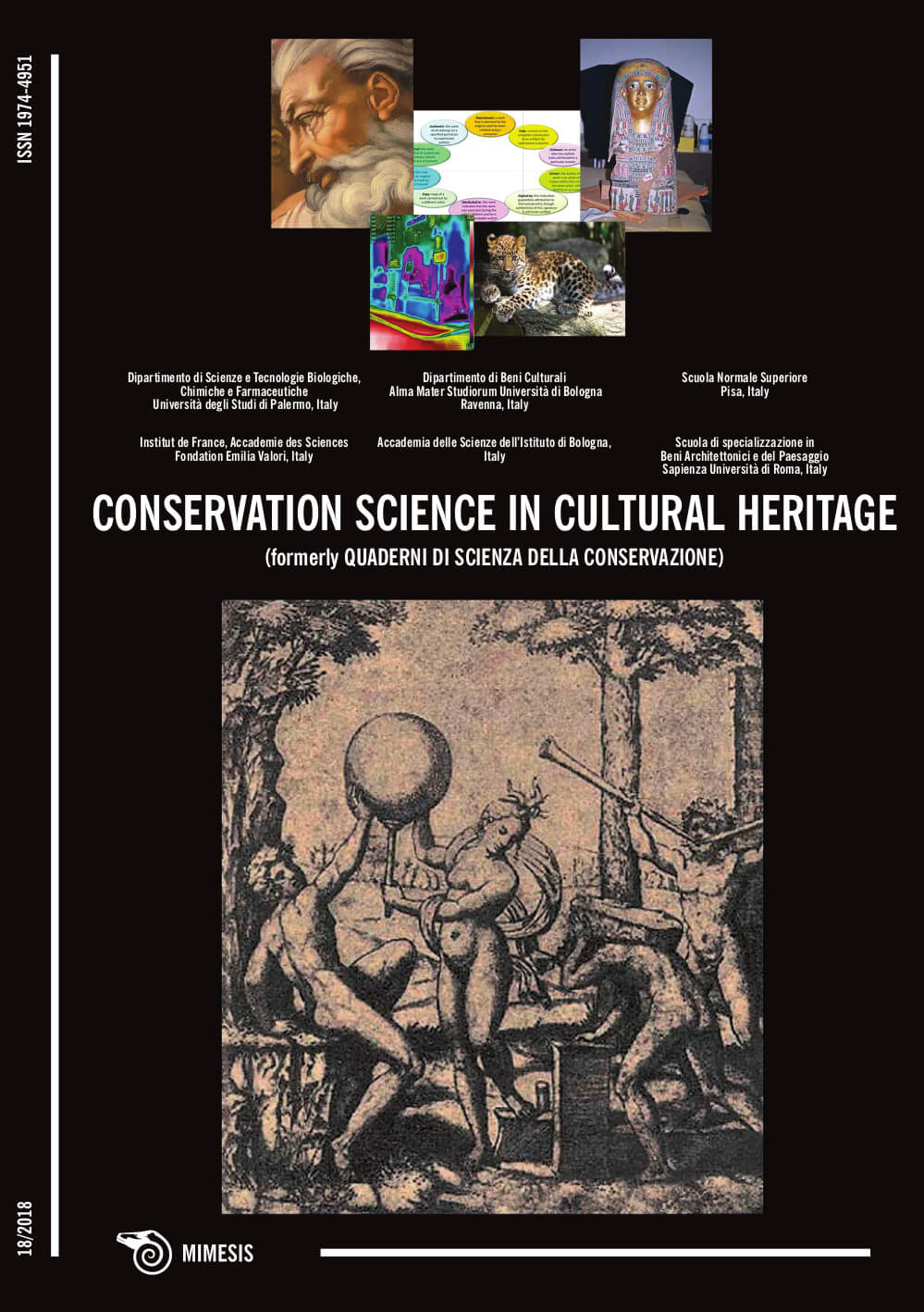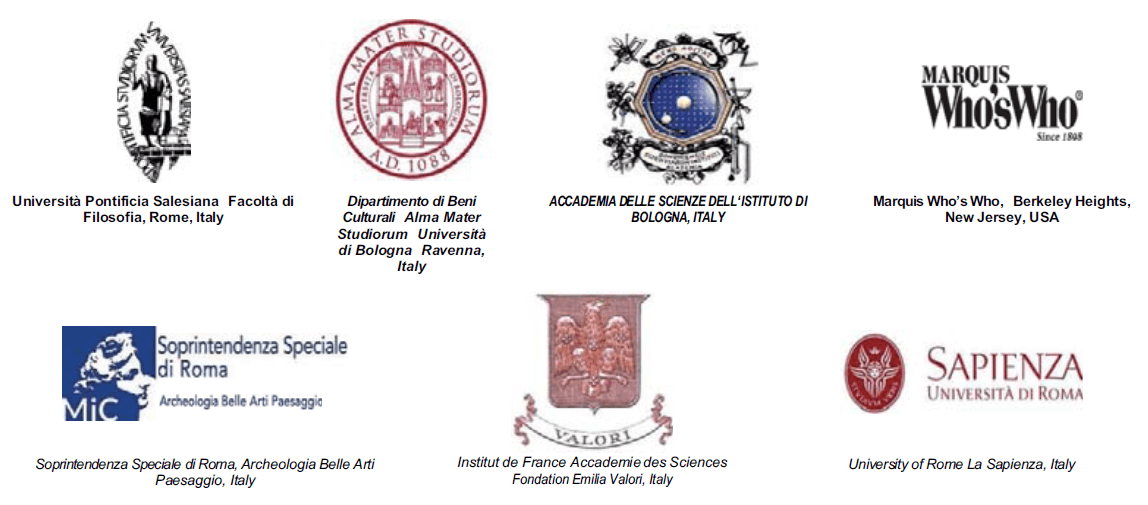African Totems: Cultural Heritage for Sustainable Environmental Conservation
DOI:
https://doi.org/10.6092/issn.1973-9494/9235Keywords:
conservation, environment, natural resources, symbolism, totemAbstract
Sustainable development, a development that meets the needs of the present without compromising the ability of future generations to meet their own needs, has eluded most developing nations in the world today. The world’s countries inlude the developed and developing nations where most African nations fit into the latter category. Attempts have been made to explain the circumstances under which African countries are striving to develop, but the role of Indigenous Knowledge System (IKS) in the entire process has not been exhaustively explored. Indigenous people have responded to ecological and development challenges by using the cultures and knowledge systems transmitted through their indigenous languages. The aim of this paper was to investigate how totems, as cultural belief systems, have been used in Africa to promote the conservation of natural resources. Qualitative methods (based on literature) were used to explore the values and perceptions that underlie the use of totems. The information was collected by reviewing some literature on African culture and totems from Kenya and South Africa. The literature reviewed concentrated on the cultural symbolism attached to totems among different tribes which were randomly selected from the two countries. Data was analyzed through content analysis and presented thematically. It was found that animal, plant and insect totems in Kenya and South Africa have symbolic meanings attached to them. The symbolic meanings are usually accompanied by taboos believed to have special spiritual and cultural associations. Due to these cultural associations and taboos, totems are protected against harm by the respective tribes, conserving species diversity and ecosystem diversity. The study recommends that there is a need to appreciate the cultural values and beliefs that help in sustainable development. Findings of the study could add value to the existing body of knowledge on Indigenous Knowledge Systems (IKS) relating to the management and preservation of indigenous knowledge produced in Africa for sustainable development.
Downloads
Published
How to Cite
Issue
Section
License
Copyright (c) 2018 K.L. Lucy Mandillah, Georges-Ivo Ekosse
Copyrights and publishing rights of all the texts on this journal belong to the respective authors without restrictions. Authors grant the journal right of first publication.
This journal is licensed under a Creative Commons Attribution 4.0 International License (full legal code).
See also our Open Access Policy.






